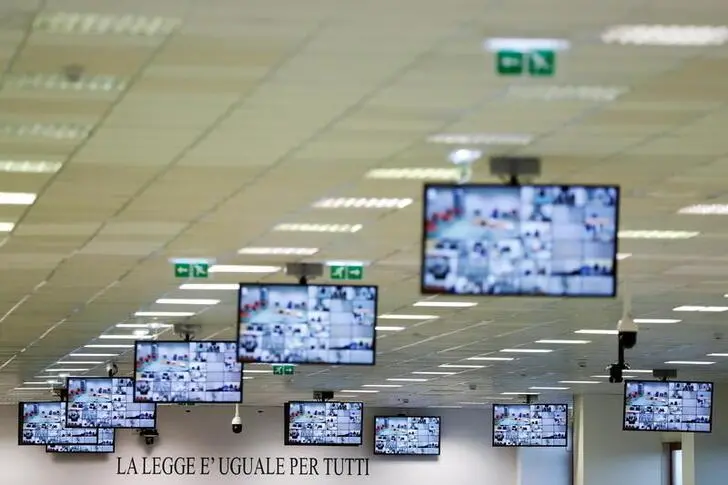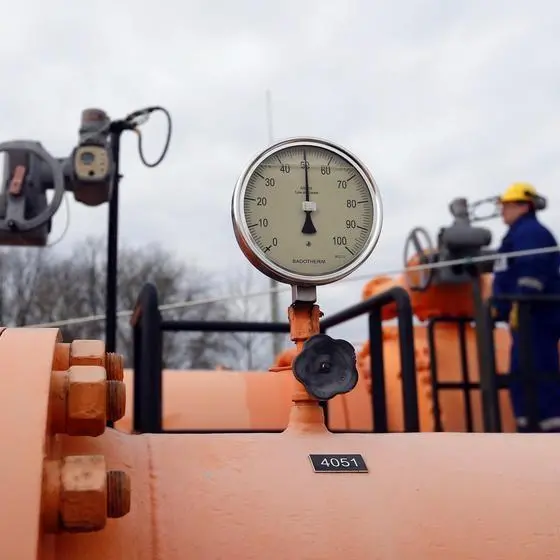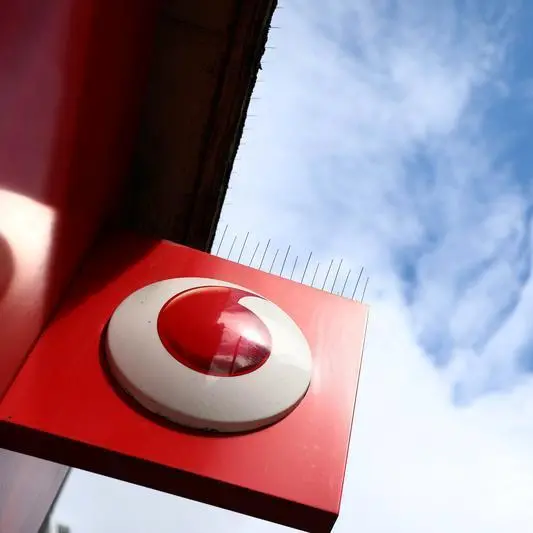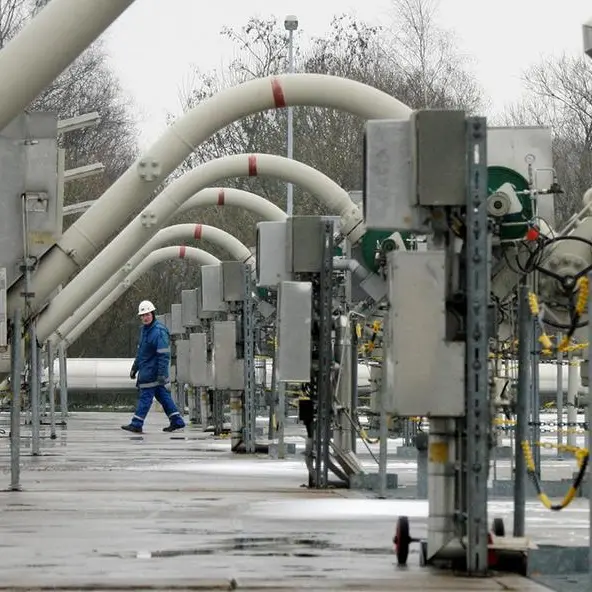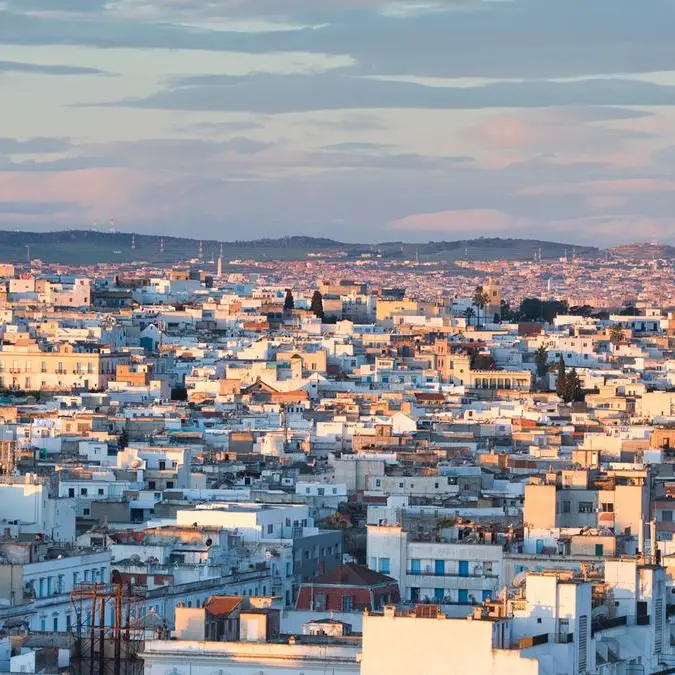PHOTO
ROME - A court handed down lengthy jail sentences on Monday at the end of one of Italy's largest-ever mafia trials which targeted the 'Ndrangheta crime group in its heartland in the southern region of Calabria.
More than 330 suspected mobsters and their alleged associates, including white collar professionals, had been facing an array of charges, such as extortion, drug trafficking and theft, in a trial that lasted almost three years.
Italy's Ansa news agency said it took judges 1 hour and 40 minutes just to read their verdict. The heaviest penalties were handed to Saverio Razionale and Domenico Bonavota, two local Calabrian mafia leaders, both given 30-year sentences.
Among those convicted was Giancarlo Pittelli, a lawyer and former politician with the Forza Italia party - a member of the national ruling coalition - who was sentenced to 11 years in prison for mafia collusion and passing on information.
Giorgio Naselli, a former local police chief, was sentenced to two years and six months.
However, the prosecution did not get as heavy sentences as it was seeking in a number of cases and more than 100 of those on trial were cleared.
Monday's first-instance ruling can be appealed by both the defence and the prosecution.
The 'Ndrangheta is considered by prosecutors to be the most powerful mafia group in the country, easily eclipsing the more famous Cosa Nostra gang in Sicily, with its influence extending across Europe and beyond.
The trial was held in a converted call-centre in the Calabrian city of Lamezia Terme, with metal cages installed for the defendants.
The last time Italy tried hundreds of alleged mafiosi simultaneously was in 1986 in Palermo in a case that represented a turning point in the fight against Cosa Nostra, marking the beginning of the group's sharp decline.
That Sicilian trial had a huge impact because it targeted numerous mob families.
The Calabrian trial focused primarily on just one group - the Mancuso clan from the province of Vibo Valentia - leaving much of the 'Ndrangheta's top brass untouched.
Anna Sergi, a professor of criminology at the University of Essex, said the verdict resulted in several major convictions against mafia-linked white collar figures and confirmed the prosecutors' reading of the 'Ndrangheta structure in Vibo Valentia.
"Now it has its own specificity," she said, underlining that under Italian law such first instance rulings can be appealed twice before becoming final.
A further 70 defendants from the original trial had been found guilty in November 2021 after opting for a fast-track procedure in return for a reduction in their sentences.
(Additional reporting by Angelo Amante; writing by Keith Weir, editing by Alvise Armellini and Christina Fincher)
